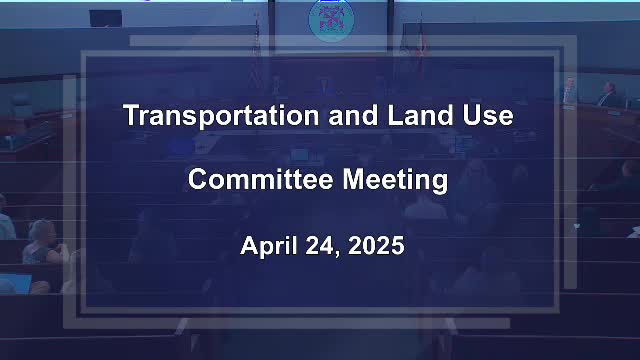Article not found
This article is no longer available. But don't worry—we've gathered other articles that discuss the same topic.
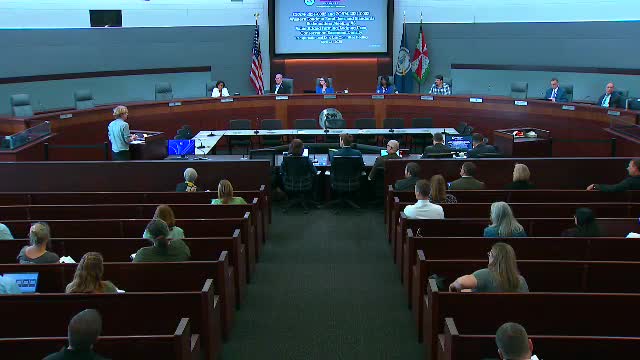
Committee moves to close 'double‑dip' loophole: conservation easement land won’t count toward extra cluster subdivision density
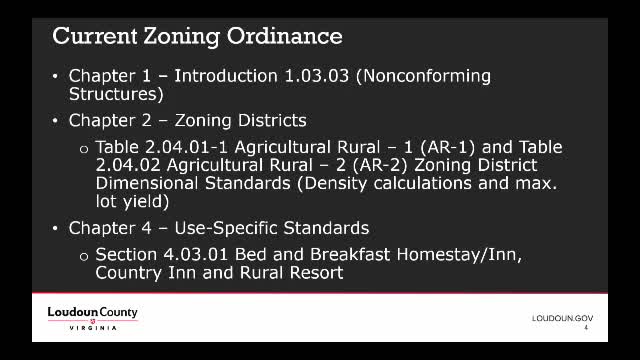
Committee agrees staff should allow replacement of nonconforming agricultural structures without new special‑exception if footprint and use are unchanged
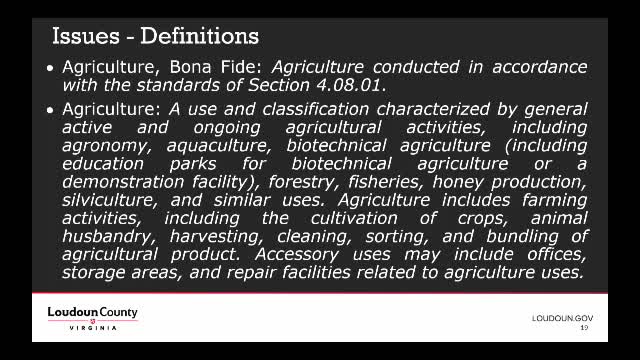
Staff proposes 'agricultural operation' and 'agricultural product' language; no standalone 'farm' definition adopted
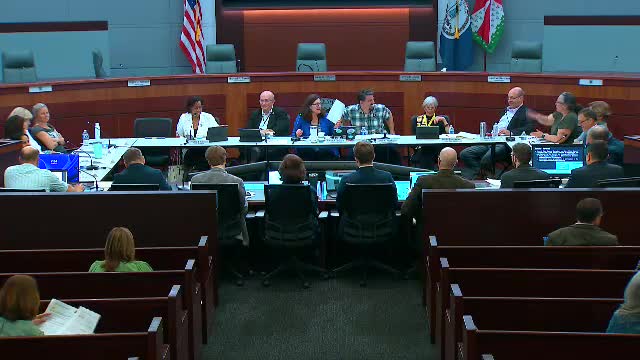
Committee directs staff to class sawmills as minor special‑exception use to speed approvals
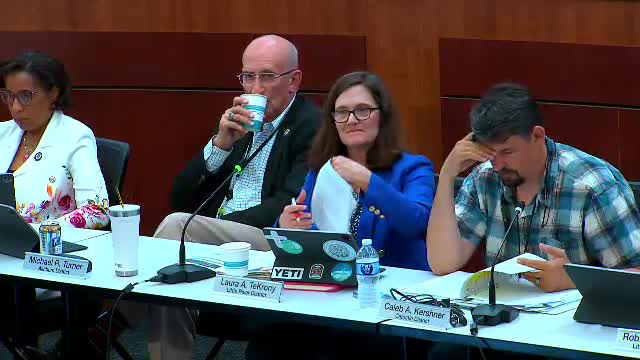
Committee splits on lodging rules; staff to return with options on setbacks, noise, scale and event caps
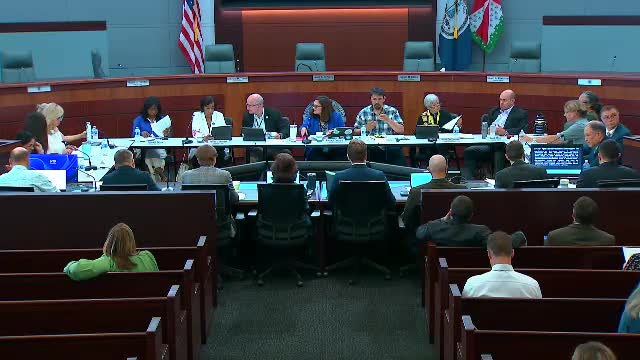
Stakeholders and staff move to combine agritourism and 'agritainment,' favor state definition
